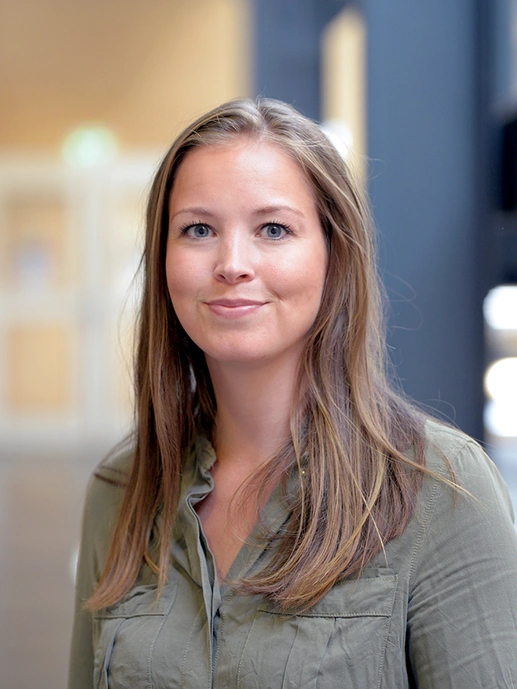Trial lecture - time and place
Adjudication committee
- 1. opponent Assistant Clinical Professor Catherine Wiseman-Hakes,McMaster University, Canada
- 2. opponent Dr Nicholas Behn, City University of London, United Kingdom
- Chair of the committee Professor Janne von Koss Torkildsen, University of Oslo, Norway
Chair of defence
Professor Ona Bø Wie, Head of department, University of Oslo, Norway
Supervisors
- Associate professor Melanie Kirmess, Department of Special needs Education, University of Oslo, Norway
- Professor Jan Stubberud, Department of Psykology, University of Oslo, Norway
Summary
The purpose of this thesis was to investigate the efficacy of Group Interactive Structured Treatment (GIST) for persons with social communication difficulties (SCDs) after acquired brain injury (ABI). The study included a wider sample than previous studies (including traumatic brain injury, stroke, brain tumor and anoxic brain injury), and examined the effect across delivery formats by comparing the treatment given in two different ways. Standard GIST was given in an outpatient setting once a week, while a newly adapted intensive GIST was given as a four-week inpatient group treatment at Sunnaas Rehabilitation Hospital.
The study design is a two-arm RCT with a waiting list control group and repeated measures. Forty-nine pairs of participants, consisting of persons with SCDs and ABI and one of their family members/friends were randomly allocated to the two treatment arms. The results were examined from several perspectives and included reports from people with social communication difficulties and their family members/friends.
After the two treatments, the subjects with social communication difficulties reported a trend of improved social communication skills on the primary outcome measure (La Trobe Communication Questionnaire [LCQ]) and a significant improvement on the secondary outcome measure (Social Communication Skills Questionnaire-Adapted [SCSQ-A]) when compared to the waiting list control group. Significant improvement over time was reported after both treatments (standard and intensive GIST) and there were no reported differences in outcomes between the two treatments. The findings were confirmed by reports from family members/friends. However, this study had a small sample (n = 49), and further investigations that include a larger sample and objective outcome measures are warranted.
The results from this study and the information presented in this thesis have the potential to influence clinical practice in Norway, and have a significant clinical impact on the treatment of SCDs as the findings validate a Norwegian version of the GIST for clinical use. By focusing on the efficacy of treatment for SCDs and ABI, and the delivery and dosage of GIST, this thesis addresses some key research gaps in the field. The inpatient delivery of intensive GIST might not be transferable to all healthcare systems, especially those where inpatient treatment in the chronic phase is not available. However, our findings provide further validation of GIST and its components and highlight new research questions for further investigation, such as the importance of the components and intensity of GIST.
